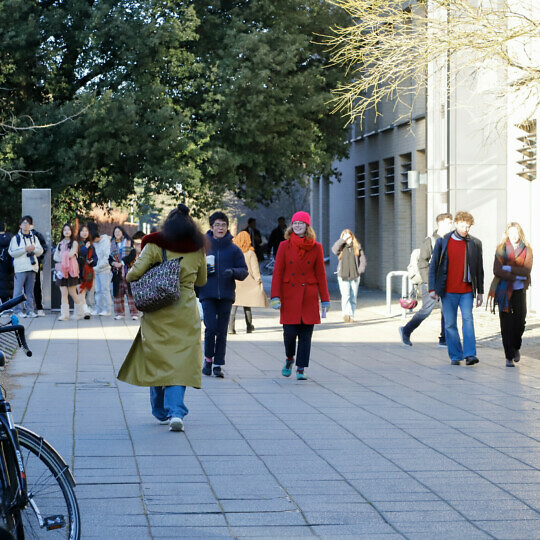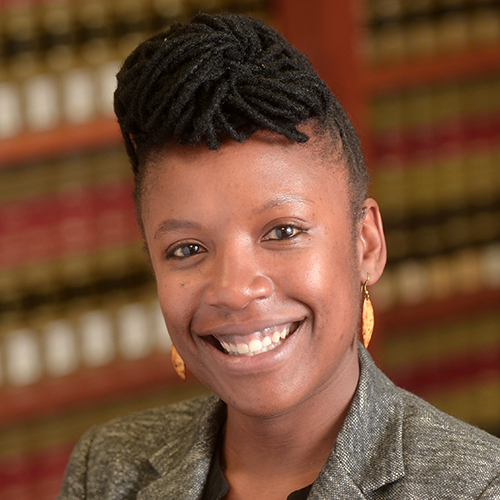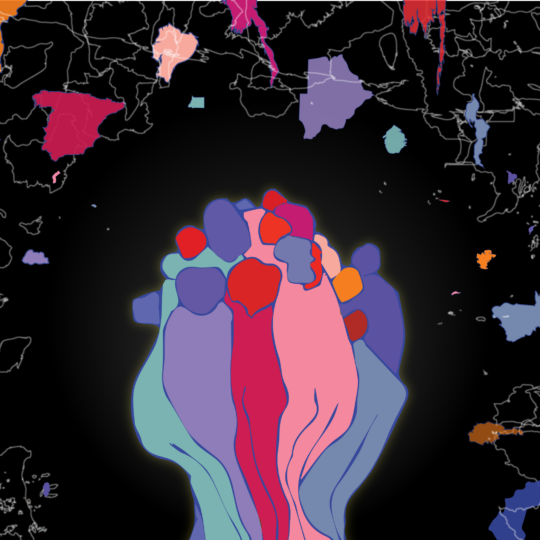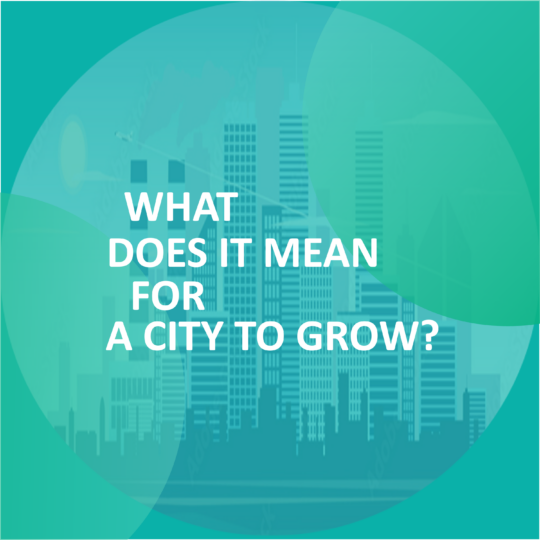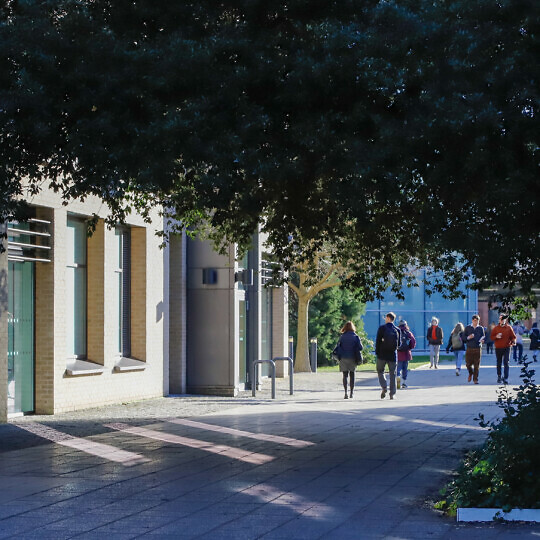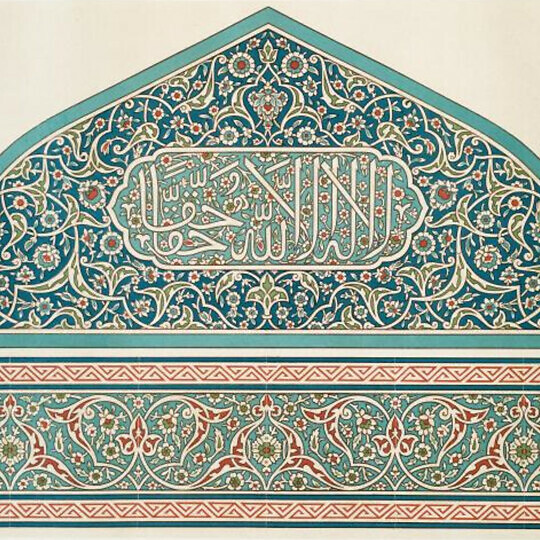| 20 Jun 2016 - 21 Jun 2016 | All day | CRASSH (SG1&2) and Jesus College | |
- Description
- Programme
- Speakers
Description
Registration has now closed.
Convenors
Alison Bashford (University of Cambridge)
Shailaja Fennell (University of Cambridge)
Duncan Kelly (University of Cambridge)
David Nally (University of Cambridge)
Summary
Malthus: Food, Land, People is a two-day conference taking place at CRASSH and Jesus College, Cambridge. A dinner will be held at Jesus College on Sunday 19 June 2016 to launch the conference and to welcome speakers and delegates to Cambridge.
2016 is the 250th anniversary of the birth of Thomas Robert Malthus (1766–1834), author of the most famous book on population ever written. Since its original publication in 1798, the Essay on the Principle of Population has never been out of print, nor has it been out of public discussion. This is not just because of Malthus’s thesis, but because the substance of his work touches so many critical issues in the human and natural sciences: good and bad government; equality and inequality; food and agriculture; demographies and human behavior; sex and gender; land and property; development trajectories and economic predictions, histories and futures.
This interdisciplinary conference will be the most substantial reassessment of Malthus, his ideas, and his global significance for several generations. Historians, economists, literary scholars, political theorists, geographers, demographers, and philosophers will share their views on Malthus and Malthusianism in and for his own centuries, and for ours, a century defined by accelerating public debate on environment, population, and food security. We aim to escape (although perhaps, if beneficial, to analyse) the bifurcated pro- and anti-Malthusian stances that have accumulated since 1798. We will ask different questions of Malthus and his famous text: What is the long history of development here? Was gender a key element for Malthus, and if so, what do the major changes in cultures of gender and sex mean for his thesis? How did and does the extra-European world figure? What philosophy of limits has governed changing assessment of Malthus? Does Malthus help us think through the connection between economy and ecology? How have and will different demographic structures in the past and present been mapped onto types of food production and patterns of rural development? What has the foregrounding of “climate” in recent years done to the principle of population?
Sponsors

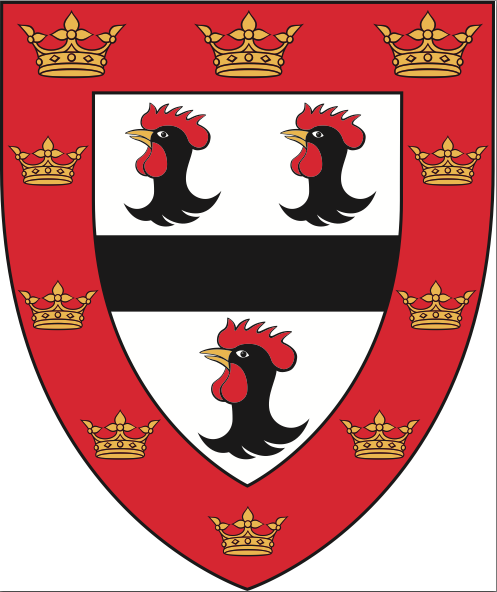

Supported by the Centre for Research in the Arts, Social Sciences and Humanities (CRASSH) and Jesus College at the University of Cambridge, the Economic History Society and the Department of Geography, University of Cambridge.
Accommodation has been reserved at Jesus College for conference delegates, Cambridge – please click the registration button for further information.
Administrative assistance: events@crassh.cam.ac.uk
Programme
| Sunday 19 June | |
| From 2pm | Check in for guests at Porter's Lodge, Jesus College, Cambridge |
| 6 - 7pm | Exhibition of Malthus's books and manuscripts Quincentenary Library |
| From 7pm | Drinks Reception, Upper Hall, Jesus College Formal Dinner, Hall, Jesus College |
| Day 1: Monday 20 June - CRASSH, Alison Richard Building, Sidgwick Site | |
| 9.00 - 9.15am | Registration and coffee |
| 9.15am | Welcome |
| 9.30 - 11am | Re-reading the Principle of Population (Chair, Peter Garnsey) Joyce E. Chaplin (Harvard) T.R. Malthus’s Essay in new worlds: A reception history
Christopher Brooke (Cambridge) Robert Malthus, rousseauiste?
Niall O’Flaherty (Kings College London) The sources of Malthus’s cure for ‘the Disease of Poverty’: Smith, Paley and the Population Act |
| 11 - 11.30am | Break |
| 11.30am - 12.30pm | Malthus, Slavery and Abolition (Chair, Richard Tuck) Alison Bashford (Cambridge) Malthus and Abolition
Rebecca Flemming (Cambridge) Slavery and population in the Roman world |
| 12.30 - 1.30pm | Lunch |
| 1.30 - 2.30pm | Malthus’s Economic Interlocutors (Chair, Geoff Harcourt) Gareth Stedman Jones (Cambridge) Malthus, nineteenth-century socialism and Marx
Duncan Kelly (Cambridge) Malthus and Keynes |
| 2.30 - 3pm | Break |
| 3 - 4.30pm | Malthus, Limits and Constraints (Chair, Simon Szreter) Leigh Shaw-Taylor (Cambridge) The escape from Malthusian constraints in England 1300-1900
Richard Smith (Cambridge) Malthus and welfare revisited
Paul Warde (Cambridge) The Earth in equipoise: Malthus’s vision of a planet fit for his purpose |
| 5pm | Public Lecture, E.A. Wrigley (Cambridge) (Chair, Alison Bashford) |
| 6.30pm | Drinks Reception, Atrium CRASSH |
| Day 2: Tuesday 21 June - Upper Hall, Jesus College | |
| 8.30am | Coffee |
| 9 - 10.30am | Malthus & the Politics of Hunger (Chair, Peter Nolan) Nick Cullather (Indiana) What is the Carrying Capacity of the Earth? The Green Revolution vs. Malthusianism
David Nally (Cambridge) More food, fewer children: Malthusianism, philanthropy and the geopolitics of ‘needs’ and ‘wants’
Shailaja Fennell (Cambridge) The Green Revolution and the Malthusian question: re-examining the political of agricultural policies in the incidence of hunger in India |
| 10.30 - 11am | Break |
| 11am - 12.30pm | New Fertilities (Chair, Shailaja Fennell) Sarah Franklin (Cambridge) “Barren States”: IVF, assisted reproductive technologies and changing fertilities
Xiaoying Zheng (Peking) The challenges of population and development in China
Mohan Rao (Jawaharlal Nehru University) Malthus and Muzzafarnagar and Love Jihad: Making connections |
| 12.30 - 1.30pm | Lunch |
| 1.30 - 2.30pm | Population, Gender & Agency (Chair, Véronique Mottier) Nefissa Naguib (Oslo) Malthus in the Arctic: Displacement, migration and gender
Alaka Basu (Cornell) Why can’t laziness claim agency? The neo-malthusian streak in contemporary feminism |
| 2.30 - 3pm | Break |
| 3 - 4pm | Malthus in the Anthropocene (Chair, David Nally) Fabien Locher (Paris) Governing the Global Commons: Ocean resources, Malthusian threat and world governance
Fredrik Albriton Jonsson (Chicago) Planetary Malthus |
| 4.30 - 6.30 | Book Launch & Reception, Webb Library, Jesus College The New Worlds of Thomas Robert Malthus: Rereading the Principle of Population by Alison Bashford and Joyce E. Chaplin (Princeton University Press, 2016). Launched by Professor Emma Rothschild (Cambridge and Harvard)
Close |
Speakers
- Alison Bashford (University of Cambridge)
- Alaka M. Basu (Cornell University)
- Christopher Brooke (University of Cambridge)
- Joyce E. Chaplin (Harvard University)
- Nick Cullather (Indiana University)
- Shailaja Fennell (University of Cambridge)
- Rebecca Flemming (University of Cambridge)
- Sarah Franklin (University of Cambridge)
- Fredrik Albritton Jonsson (University of Chicago)
- Duncan Kelly (University of Cambridge)
- Fabien Locher (École des Hautes Études en Sciences Sociales, Paris)
- Nefissa Naguib (University of Oslo)
- David Nally (University of Cambridge)
- Niall O’Flaherty (King’s College London)
- Mohan Rao (Jawaharlal Nehru University)
- Leigh Shaw-Taylor (University of Cambridge)
- Richard Smith (University of Cambridge)
- Gareth Stedman Jones (University of Cambridge)
- Paul Warde (University of Cambridge)
- E.A. Wrigley (University of Cambridge)
- Xiaoying Zheng (Peking University)


